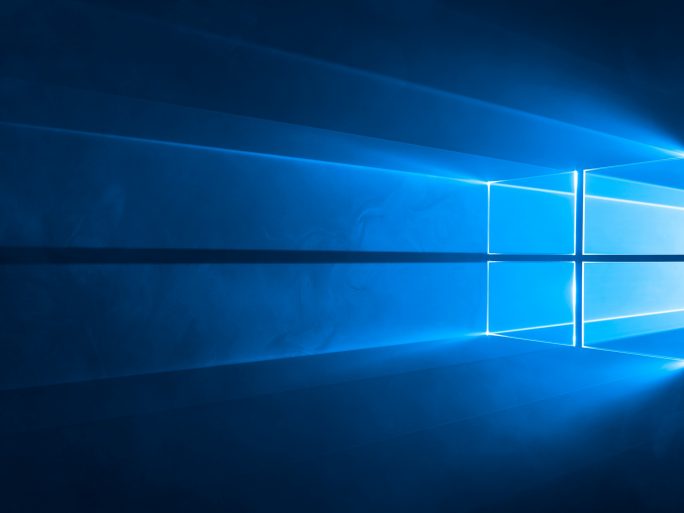Microsoft is facing a growing reaction against its decision to force-install its Bing search engine into Google’s Chrome browser for some users.
Late last month Microsoft quietly announced it plans to install a Bing search extension into Chrome when it releases an upcoming version of Office 365 ProPlus.
The Microsoft Search in Bing extension automatically changes the user’s default search engine to Bing.
“Starting with Version 2002 of Office 365 ProPlus, an extension for Microsoft Search in Bing will be installed that makes Bing the default search engine for the Google Chrome web browser,” Microsoft said in a blog post.
 Forced install
Forced install
The company said that the extension would be installed with new installations of Office 365 ProPlus or when existing Office 365 ProPlus installations are updated.
If Bing is already the default search engine, the extension won’t be installed.
Firefox isn’t currently supported, but support is planned for a later date, while the extension isn’t included with the Office 365 Business plan.
The company added that it’s currently only planning the forced search engine switch in Australia, Canada, France, Germany, India, the UK and the US.
Version 2002 of Office 365 ProPlus is scheduled to roll out in early March.
The change gives users access to Microsoft Search, an enterprise-oriented search service unveiled in May 2019 that is only accessible via Bing.
Alongside web links, the service scans enterprise documents and returns links to them alongside online content.
Microsoft has already released the Microsoft Search in Bing extension in the Chrome Web Store.
‘Disgusting’
The move received an almost entirely negative response in comments on a blog post describing the plan.
“Absolutely, utterly, totally disgusting,” wrote one user. “I can’t believe you think this is an acceptable business practice.”
“This has to be one of the most user-hostile ideas ever concocted by Microsoft,” another wrote.
Tom Arbuthnot, a Microsoft MVP, was more measured, calling the scheme “a bit of an overreach” and comparing it to the unwanted “browser hijacking” tools that became widespread in the early 2010s.
“It’s not that it’s a terrible feature, it’s about the user and organisational choice. This should be an opt-in, not an opt-out,” Arbuthnot wrote.
The plans were also criticised on Microsoft-owned GitHub and social media.
Ironically, Microsoft has taken a lead in blocking unwanted browser changes in Windows 10.
In the extension policy for its Microsoft Edge browser, the company writes that “the installation must be initiated and completed by the user”, while elsewhere it says that software “should obtain your consent before installing” or risk being classed as malware.
Google has also made efforts to block unwanted extensions from Chrome, making it difficult to install extensions that are not hosted on the official Chrome Web Store.
Microsoft has in the past been criticised for forcing Windows users to upgrade to Windows 10.





